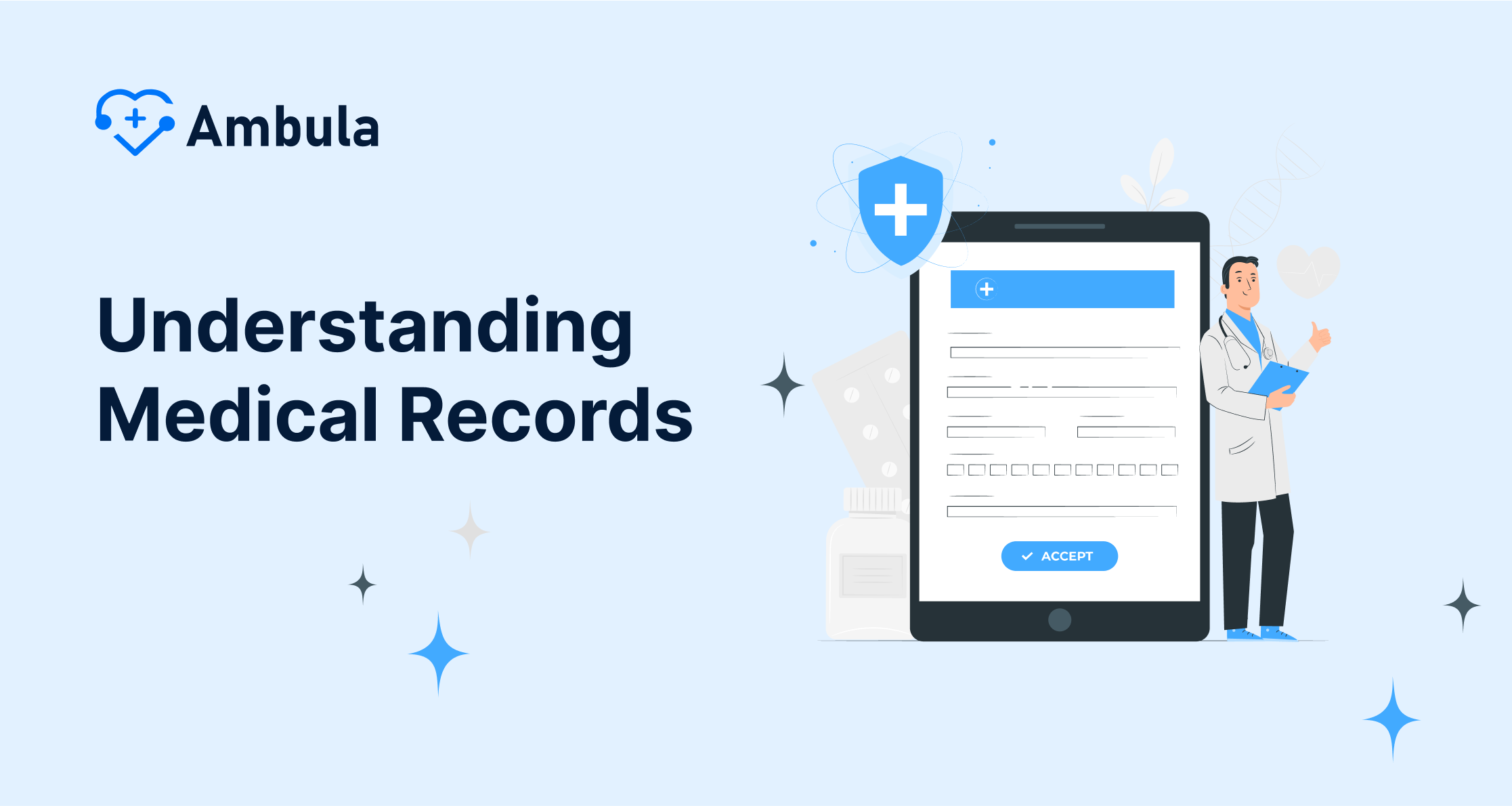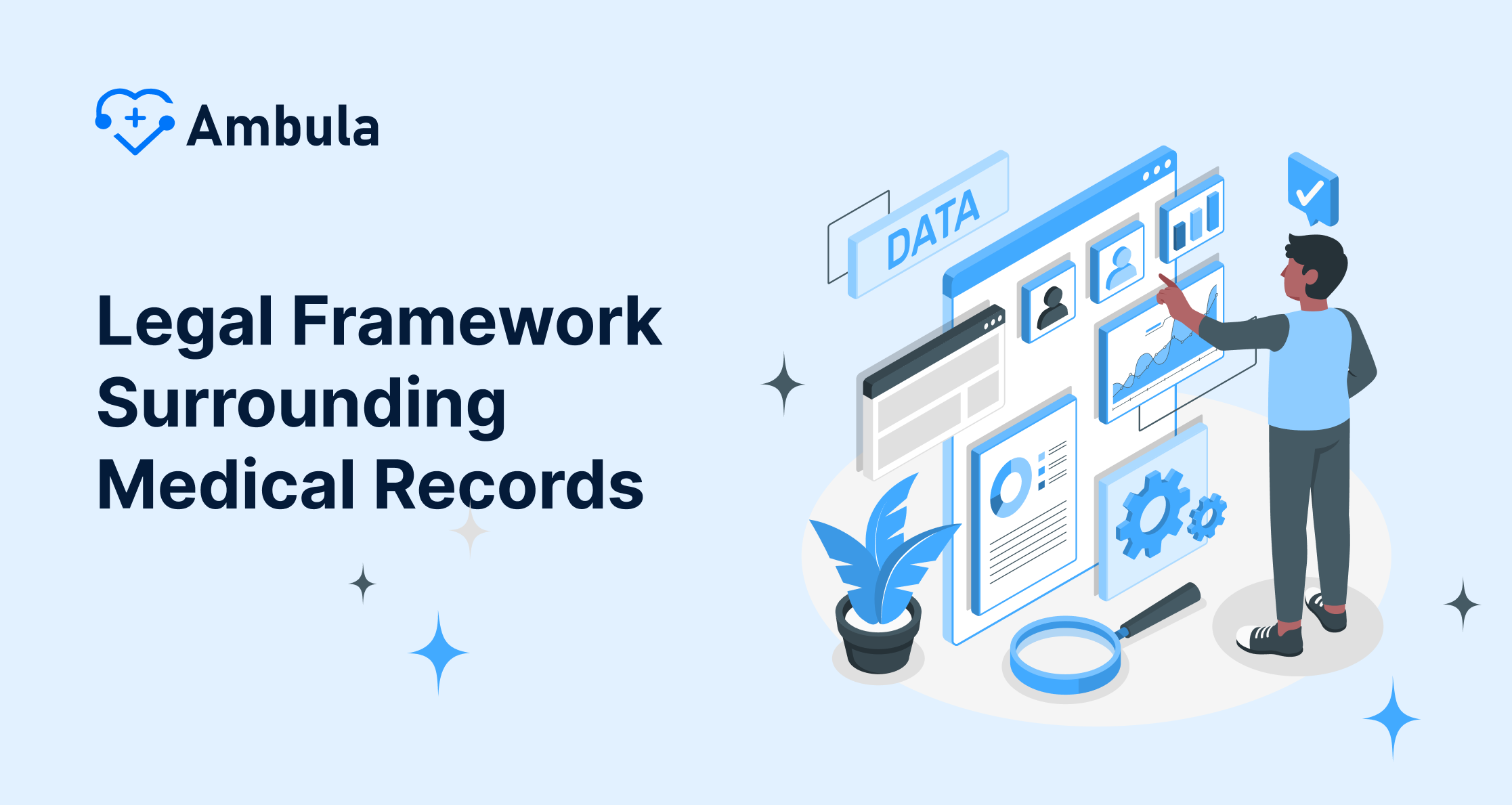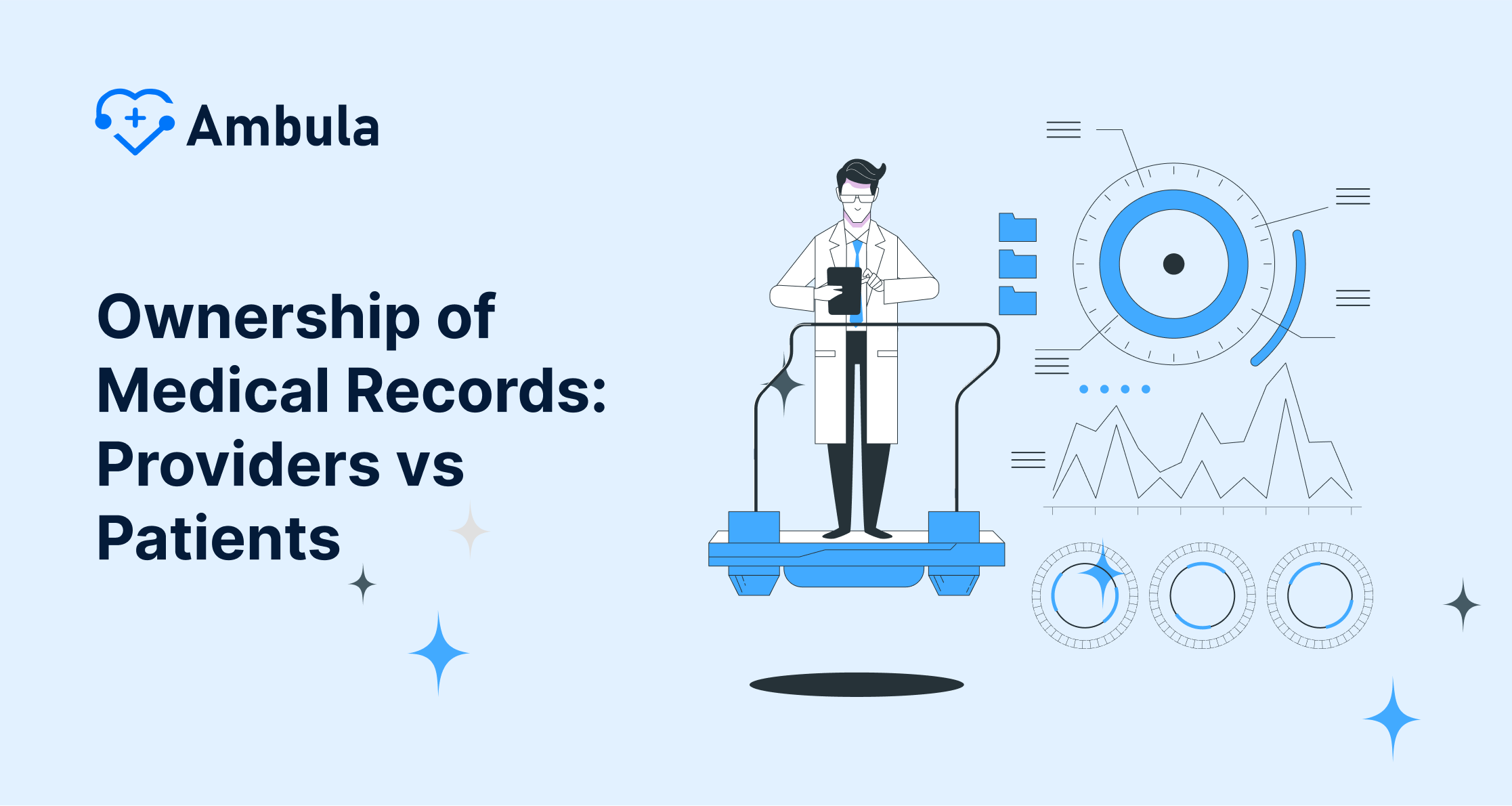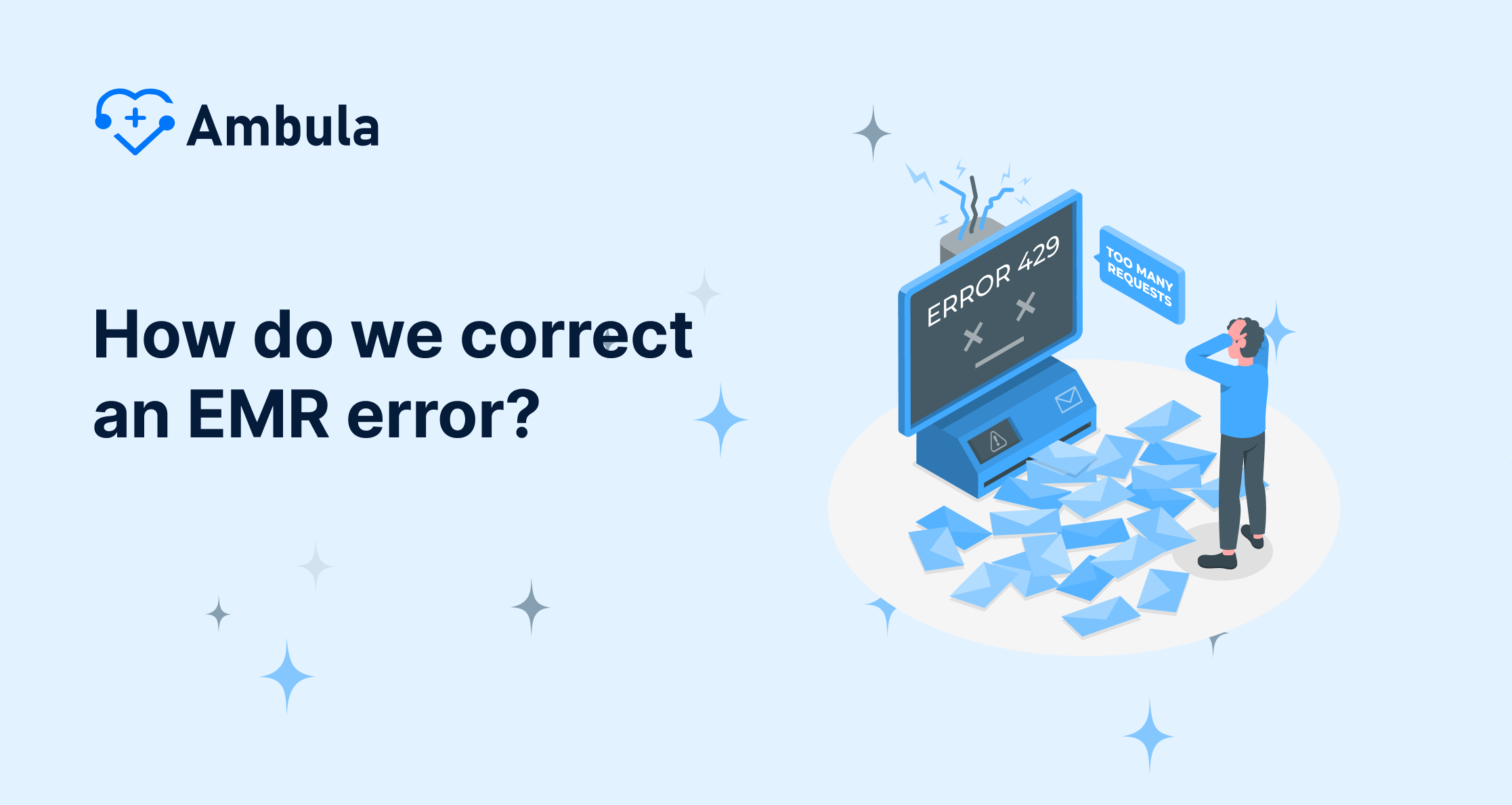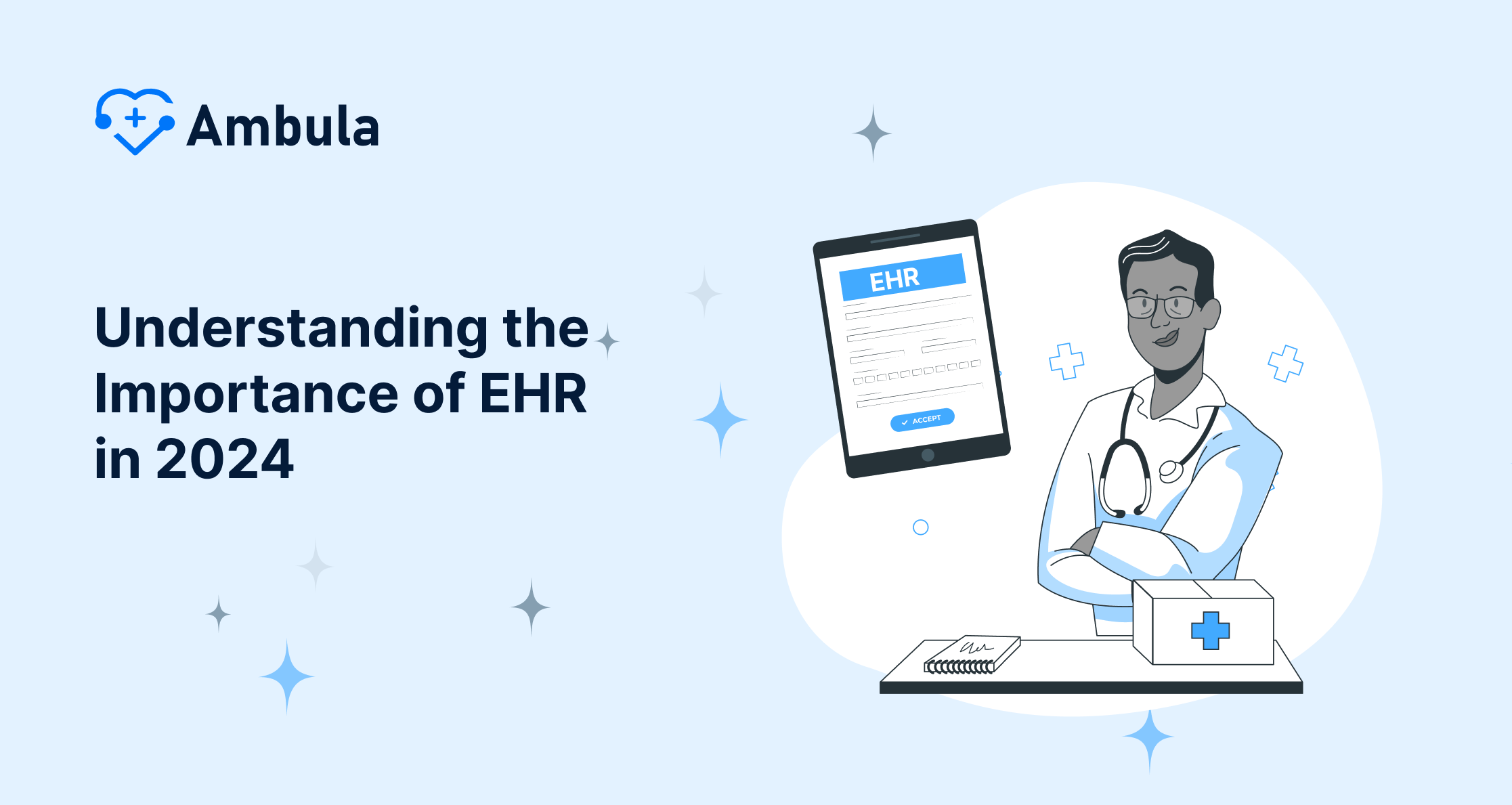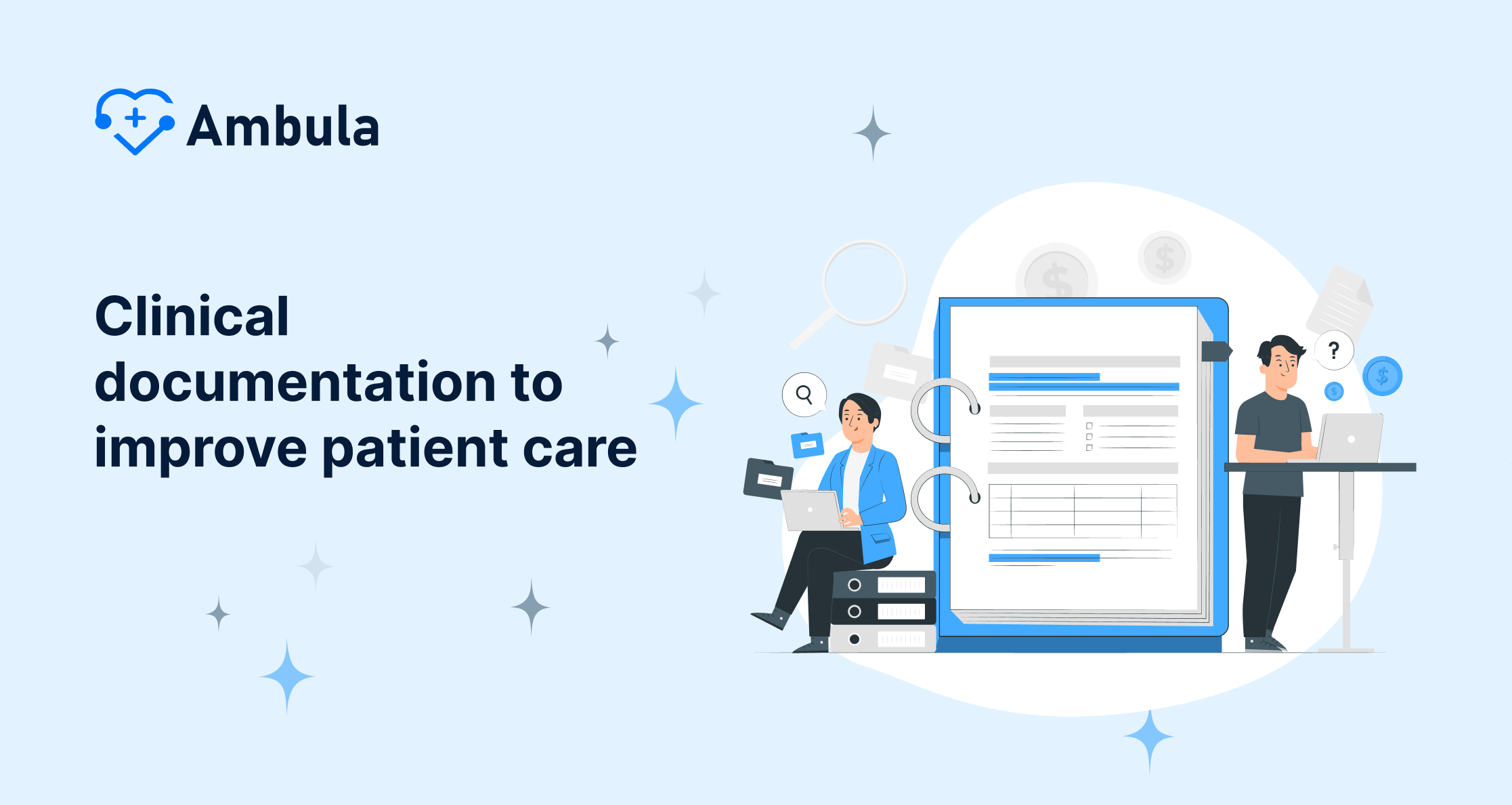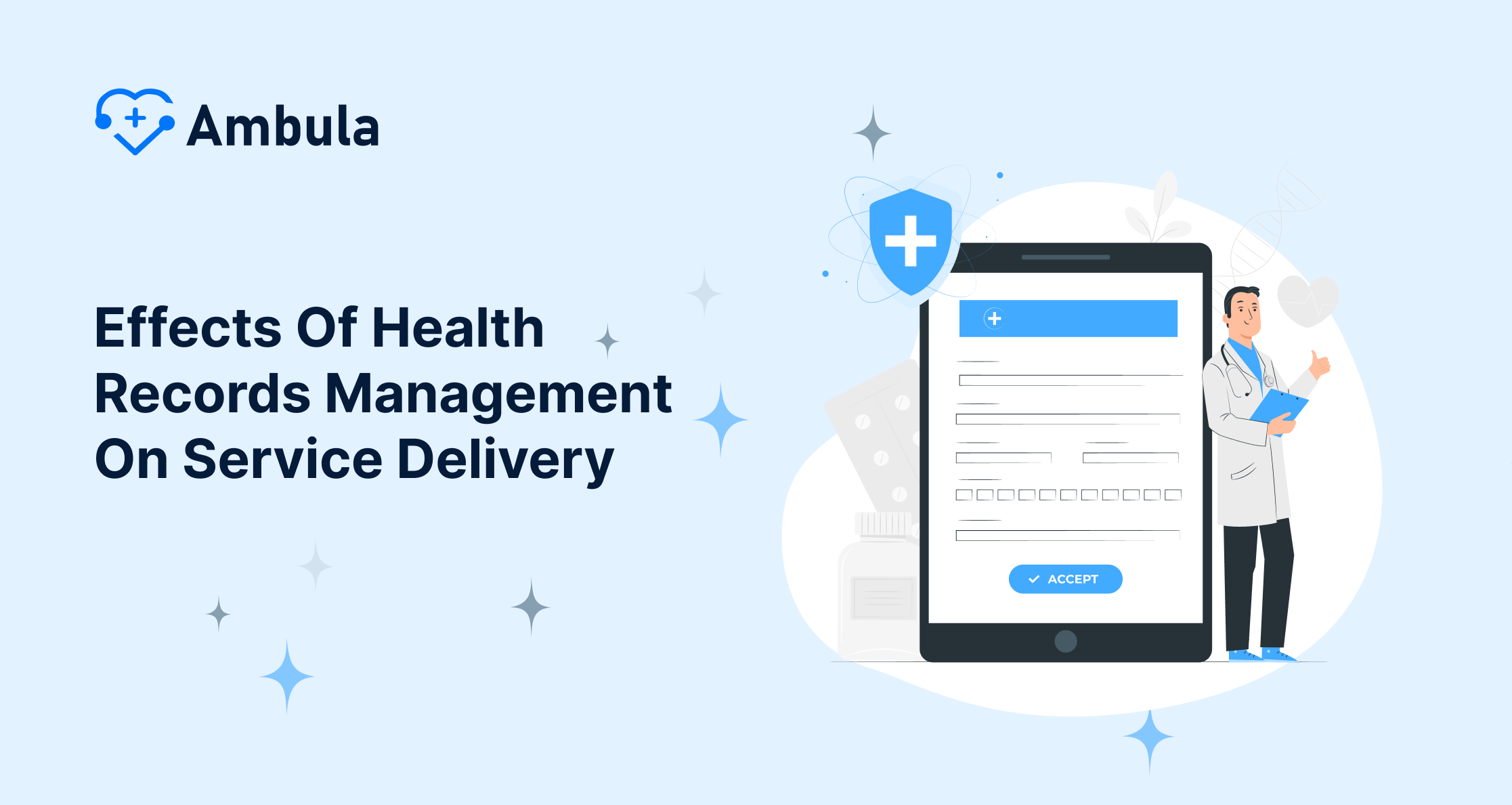Understanding Medical Records
A medical record is a comprehensive documentation of a patient’s medical history and care. It typically includes the patient’s demographic information, medical history, physical examination findings, diagnostic test results, treatment plans, and progress notes. Medical records are essential for high-quality healthcare, as they allow providers to track a patient’s health over time and make informed decisions about their care.
Medical records have evolved significantly over the years. In the past, medical records were typically kept in paper form. This made it difficult for healthcare providers to access and share patient information and increased the risk of medical errors.
In recent years, there has been a shift towards electronic medical records (EMRs). EMRs are computer-based systems that allow healthcare providers to store and share patient information more efficiently and securely. EMRs have also allowed patients to access their medical records and participate more actively in healthcare. According to a 2022 survey by the American Medical Association, 94% of physicians now use EMRs.
Legal Framework Surrounding Medical Records
Medical records are protected by a variety of federal and state laws, including the Health Insurance Portability and Accountability Act (HIPAA) and state privacy and security laws. HIPAA is the most comprehensive federal law governing medical records privacy and security. It sets standards for how covered entities (healthcare providers, health plans, and healthcare clearinghouses) must protect patient information. State laws may be more restrictive than HIPAA, so it is important for healthcare professionals to be familiar with the laws of the states in which they practice.
Overview of HIPAA and its impact on records management
HIPAA requires covered entities to implement reasonable safeguards to protect the confidentiality, integrity, and availability of protected health information (PHI). PHI is any information that identifies a patient and relates to their past, present, or future physical or mental health condition, the provision of healthcare to the patient, or the payment for healthcare provided to the patient.
HIPAA also gives patients certain rights regarding their medical records, including the right to:
- Access their medical records
- Request corrections to their medical records
- Request that their medical records be kept confidential
Covered entities must comply with HIPAA’s privacy and security requirements and provide patients with notices about their rights under HIPAA.
Patients can exercise their rights by submitting a written request to their healthcare provider. Healthcare providers must respond to patient requests within a reasonable amount of time.
Healthcare professionals are legally obligated to protect patient medical records’ confidentiality, integrity, and availability. By complying with HIPAA and other applicable laws, healthcare professionals can help ensure patient privacy and security are respected.
Ownership of Medical Records: Providers vs Patients
The ownership of medical records is a complex and contentious issue with no easy answers. The current viewpoint is that healthcare providers own the physical records, while patients own the information contained in those records. This means that providers have the right to decide who has access to the records and how they are used, but patients have the right to obtain copies of their records and to request that they be corrected or updated.
However, there is some variation in the law from state to state. Only one state, New Hampshire, explicitly gives ownership of medical records to patients. In other states, the law is either silent on the issue or gives ownership to providers. In the latter case, patients may still have rights to access and use their medical records, but they may not have as much control over them as they would if they owned the records themselves.
Arguments for healthcare providers owning medical records
There are some arguments in favor of healthcare providers owning medical records. One argument is that providers must control their records to provide high-quality care. For example, providers need to be able to access medical records quickly and easily to make informed decisions about patient care. They also need to be able to share medical records with other providers who are involved in the patient’s care.
Another argument in favor of providers owning medical records is that it helps to protect patient privacy. When providers own medical records, they are responsible for protecting them from unauthorized access and disclosure. This is important because medical records contain sensitive personal information that could be used to harm patients if it fell into the wrong hands.
Arguments for patients owning their medical records
There are also some arguments in favor of patients owning their medical records. One argument is that patients can own and control their personal information. Medical records contain many personal patient information, including their health history, diagnoses, and treatments. Patients should have the right to decide who can access this information and how it is used.
Another argument in favor of patients owning their medical records is that it can help to improve patient engagement. Patients who own their medical records are more likely to be involved in their healthcare decisions. They can also use their medical records to advocate for themselves and ensure they receive the best possible care.
Effect of Digitalization on Ownership
Digitalization has significantly impacted the ownership and accessibility of medical records. In the past, medical records were typically paper-based and owned by the healthcare provider that created them. This made it difficult for patients to access their records and share them with other providers.
Today, most medical records are electronic (EHRs). EHRs are digital versions of medical records that can be stored and accessed electronically. This has made it much easier for patients to access and share their records.
Technology has also made it easier for healthcare providers to share medical records. This can be done through health information exchanges (HIEs) or other electronic systems. HIEs allow healthcare providers to access and share medical records with other providers who are part of the same network.
The digitalization of medical records has had a number of benefits for both patients and healthcare providers.
Benefits for patients:
- Easier access to medical records
- The ability to share medical records with other providers
- More control over medical data
- Improved coordination of care
Benefits for healthcare providers:
- Improved access to patient information
- More efficient care delivery
- Reduced risk of medical errors
- Improved quality of care
However, there are also some potential challenges associated with the digitalization of medical records. One challenge is the potential for data breaches and other security risks. Another challenge is ensuring that all healthcare providers have access to the same medical records for a given patient. This can be difficult to achieve, especially when providers use different EHR systems.
Overall, the digitalization of medical records has positively impacted the ownership and accessibility of medical records. It has made it easier for patients to access and share their own records, and it has made it easier for healthcare providers to share medical records. However, some challenges still need to be addressed, such as data security and interoperability.
Ethical Considerations
Medical records contain highly sensitive information about your patient’s health, including medical history, diagnoses, treatments, and medications. This data is essential for providing quality care but presents several potential ethical concerns, including the risk of misuse.
Here are some of how medical data can be misused:
- Unauthorized access: Medical records can be accessed by unauthorized individuals, such as hackers or cybercriminals, through data breaches or security vulnerabilities. This data can then be used for various malicious purposes, such as identity theft, blackmail, or extortion.
- Discrimination: Medical data can be used to discriminate against individuals based on their health status. For example, an employer might use medical data to deny a job to someone with a pre-existing condition, or an insurance company might use medical data to charge higher premiums.
- Surveillance: Medical data can be used to track and monitor individuals without their knowledge or consent. For example, a government agency might use medical data to track people who are suspected of being criminals or terrorists.
- Marketing: Medical data can target individuals with marketing and advertising messages for products and services related to their health. For example, a pharmaceutical company might use medical data to send targeted ads to people with a particular condition.
As a healthcare professional, you are responsible for protecting your patients’ medical data from misuse. Here are some steps you can take:
- Implement strong security measures: Ensure your electronic health record (EHR) system is secure and your staff are trained on proper security procedures.
- Limit access to data: Only give access to medical data to those who need it to provide care or administer your practice.
- Get patient consent before sharing data: Get your patients’ written consent before sharing their medical data with anyone outside of your practice.
- Use de-identified data for research: If you are using medical data for research purposes, de-identify the data so that individual patients cannot be identified.
It is also important to know the ethical implications of new technologies used to collect and analyze medical data. For example, wearable devices and artificial intelligence (AI) are being used to collect increasingly detailed data about people’s health. This data can be used to improve healthcare outcomes but raises new concerns about privacy and misuse.
As a healthcare professional, you should stay informed about the ethical implications of new technologies and advocate for policies that protect your patients’ rights.
Stats:
- According to a 2022 survey by the Ponemon Institute, 45% of healthcare organizations experienced a data breach in the past year.
- A 2021 study by the Kaiser Family Foundation found that 31% of Americans believe their medical information was used without their permission.
- A 2022 study by the Pew Research Center found that 77% of Americans are concerned about their privacy regarding their health information.
Recap of important points
Medical records ownership is a complex issue with no easy answers. On the one hand, patients have a right to access and control their medical data. On the other hand, healthcare providers and insurers have a legitimate need to collect and use medical data to provide care and manage costs.
In the United States, the Health Insurance Portability and Accountability Act (HIPAA) gives patients the right to access and copy their medical records. However, HIPAA does not explicitly state who owns medical records. As a result, the ownership of medical records varies from state to state.
In some states, healthcare providers own medical records. In other states, patients own medical records. In other states, the ownership of medical records is shared between patients and healthcare providers.
Final thoughts on the ownership of medical records
Regardless of who owns medical records, it is important to note that patients have a right to access and control their own medical data. This means that you have the right to know what information is contained in your medical records, and you have the right to request that incorrect or incomplete information be corrected.
You also have the right to request that your medical records be transferred to another healthcare provider. However, healthcare providers may charge a reasonable fee for this service.

